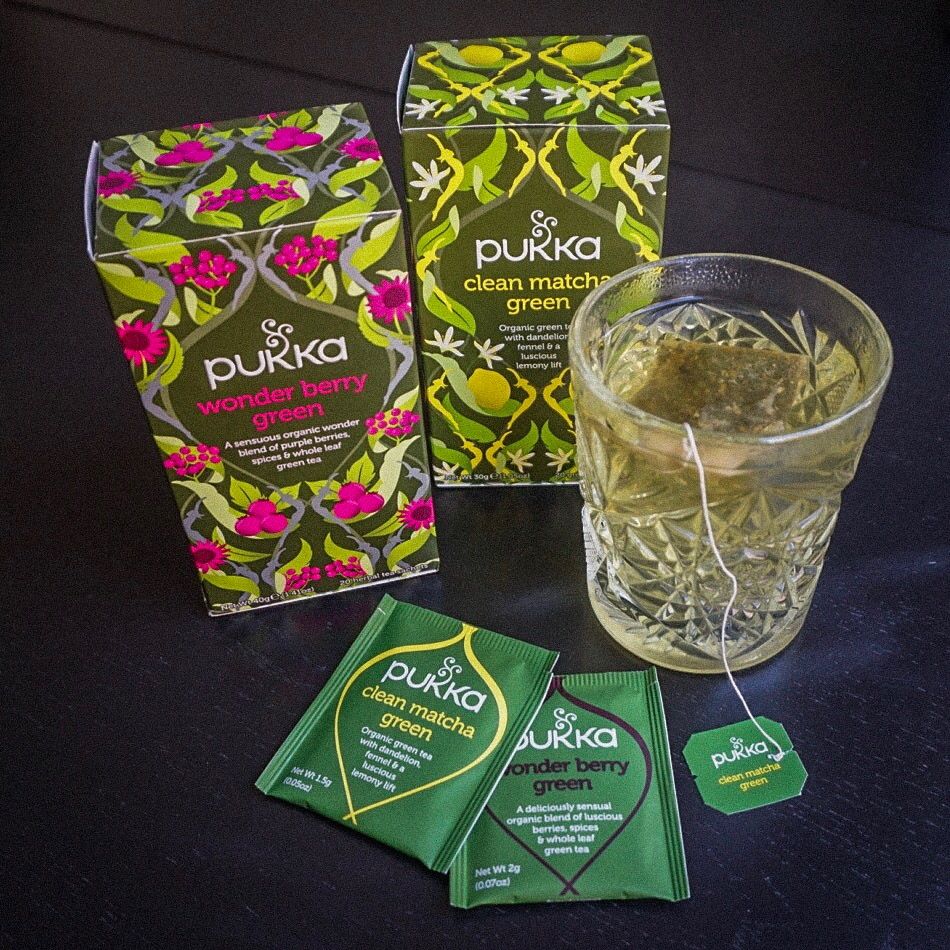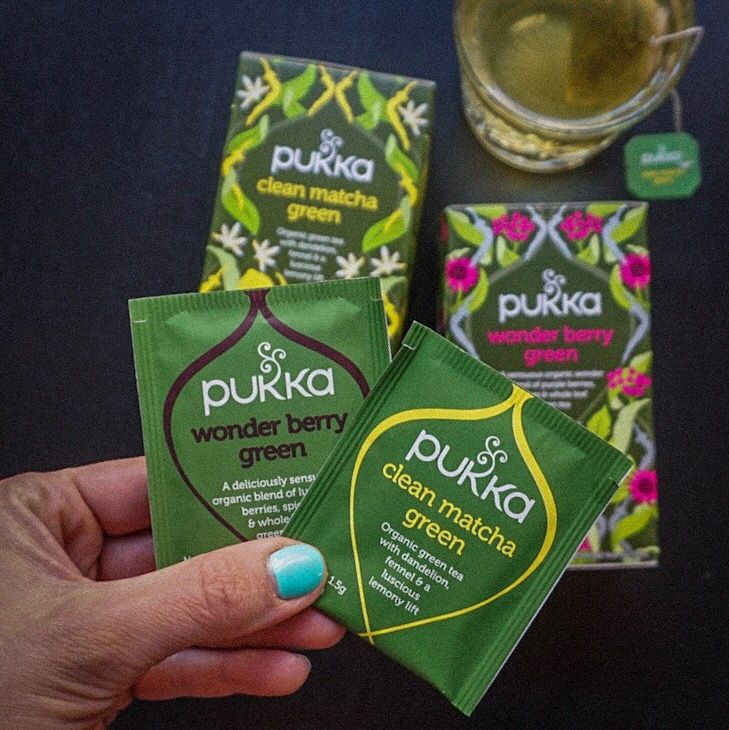I’m sure you’ve heard that green tea is good for you. Perhaps you often opt for green tea at your local café or sip on it for breakfast. But do you know what’s so great about green tea?
I’m a green tea drinker myself. I have at least one cup a day. I drink it because I like it, and because I’m aware of the advertised benefits of it. I thought I’d share some of them with you.

What’s so Great about Green Tea?
Just a little disclaimer: the following are the alleged benefits of green tea. I’m not a scientist so I can’t promise all these benefits are correct. The bottom line is: drink it if you like it. If you don’t, then don’t drink it.
- The green leaves that the tea is made of are full of good nutrients like polyphenols which help reduce inflammation. These nutrients are also claimed to reduce the formation of free radicals in the body, which protects cells and molecules from damage. (source)
- Green tea is high in caffeine, but doesn’t contain as much caffeine as coffee. So it can give you a little bit of a spike in energy, without the jittery feeling.
- Green tea is a good source of powerful antioxidants (some say these antioxidants can lower the risk of some types of cancer including breast cancer, prostate cancer and colorectal cancer) Sources: 1, 2, 3
- Green tea contains the amino acid L-theanine, which increases activity in the alpha frequency band of the brain. This indicates that it relaxes the mind without inducing drowsiness. In other words, it can be beneficial to reducing feelings of anxiety. (source)
- Polyphenols, found in green tea, are being studied as a potential to alter the brain ageing process. This means it could be used as a protective agent in treatment of progressive neurodegenerative disorders such as Parkinson’s and Alzheimer’s diseases. (source)
- A study (the Ohsaki study), performed on 40, 530 Japanese adults aged 40-79 over a period of 11 years, found the consumption of green tea to be associated to reduced morality due to (among other diseases) cardiovascular disease.






